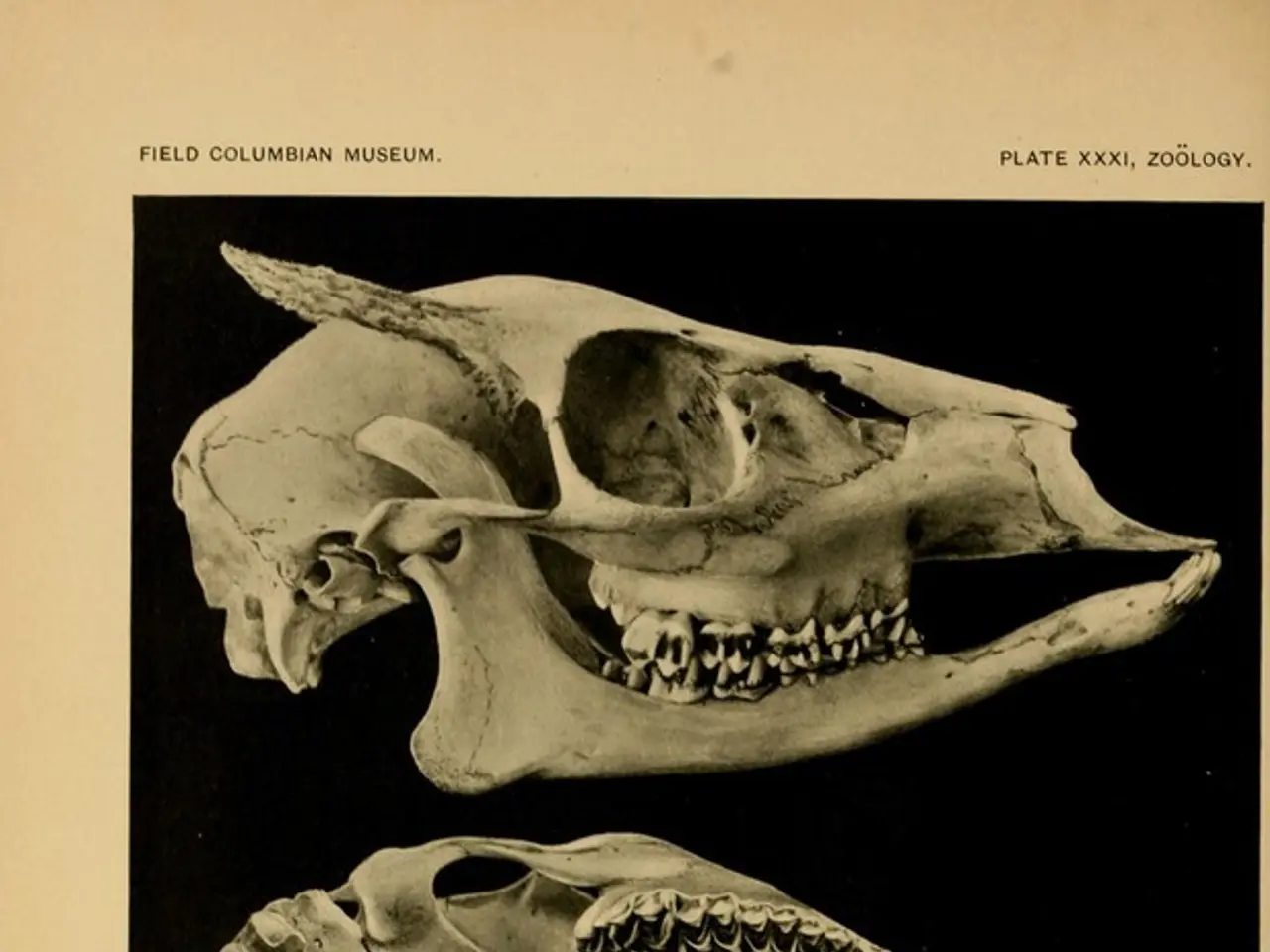Memory Formation and Retrieval Functions of the Hippocampus
The hippocampus, a seahorse-shaped region deep within the brain, plays a central role in memory formation, consolidation, and retrieval. This vital structure is particularly important for encoding new experiences into long-term memories and spatial memory processing.
Memory formation involves the hippocampus encoding new memories, especially episodic and spatial memories, by supporting synaptic plasticity. This process adapts neural connections during learning, allowing us to form memories of our experiences and surroundings.
Memory consolidation, the stabilization of memories over time, is another key function of the hippocampus. It facilitates the transfer of memories from short-term storage to other cortical areas for long-term storage. Coordination across brain regions like the retrosplenial cortex and medial prefrontal cortex supports this consolidation process.
Memory retrieval, the process of recalling past experiences and information, is another critical function of the hippocampus. It is involved in reactivating stored memories, retrieving spatial information, and reconstructing past events from distributed memory engrams during recall.
The hippocampus interacts closely with the prefrontal cortex during memory retrieval, a region involved in higher cognitive functions like decision-making and problem-solving. It is also instrumental in recalling contextual and spatial details, forming cognitive maps that are mental representations of physical spaces crucial for spatial navigation and orientation.
However, the hippocampus is not immune to damage or malfunction. Neurodegenerative diseases often target the hippocampus, leading to significant memory and cognitive deficits, such as in Alzheimer's disease. Early damage to the hippocampus leads to impairments in short-term memory and the inability to form new memories. Chronic stress and neurodegeneration shrink the hippocampus, exacerbating cognitive decline and memory loss typical of Alzheimer's.
Amnesia, characterized by a loss of memories, can occur due to damage to the hippocampus. Hippocampal lesions or dysfunction disrupt memory encoding and consolidation, resulting in anterograde amnesia (inability to form new memories) or deficits in spatial memory, depending on the extent of damage.
Moreover, depression has been linked to changes in hippocampal volume and function. The exact mechanisms behind this relationship are still not fully understood, but it is believed that chronic stress can lead to the release of hormones that may damage hippocampal cells, impairing memory formation and retrieval.
In summary, the hippocampus is essential for memory across multiple stages, and its impairment is a core feature in major memory disorders caused by neurodegeneration or injury. Understanding the role of the hippocampus in memory processes can help in the development of effective treatments for memory disorders and depression.
- The mental health significance of the hippocampus extends beyond memory, as its malfunction or damage can lead to depression.
- Encouraging fitness and exercise, as part of health and wellness routines, may help safeguard the hippocampus against chronic stress, promoting mental health.
- The hippocampus plays a crucial role in cognitive functions, like decision-making, problem-solving, and spatial navigation, which are vital in the workplace-wellness context.
- Emotional well-being of men may incorporate mental health awareness, given the association between hippocampal changes and depression, as mentioned.
- Therapies and treatments for neurological disorders, often focusing on mental health, can help combat age-related cognitive decline and support memory processes.
- Aging may put individuals at a higher risk for developing mental health issues due to potential hippocampal shrinkage and neurological disorders.
- Skin care is not directly related to the hippocampus, but overall health and wellness, which include mental health, should be considered holistically.
- CBD, while primarily linked to anxiety management and pain relief, might indirectly support mental health by potentially reducing stress levels.
- Women's mental health is equally important to men's, as hormonal fluctuations and certain medical conditions (such as postpartum depression) can impact hippocampal function and memory.
- Memory enhancement strategies, like nutrition and proper sleep, can help maintain the health of the brain and promote better memory retention, focusing on the vital role of the hippocampus.
- Further research on mental health, especially neurological disorders like Alzheimer's disease, could lead to advancements in understanding and treating mental health issues associated with the hippocampus.




